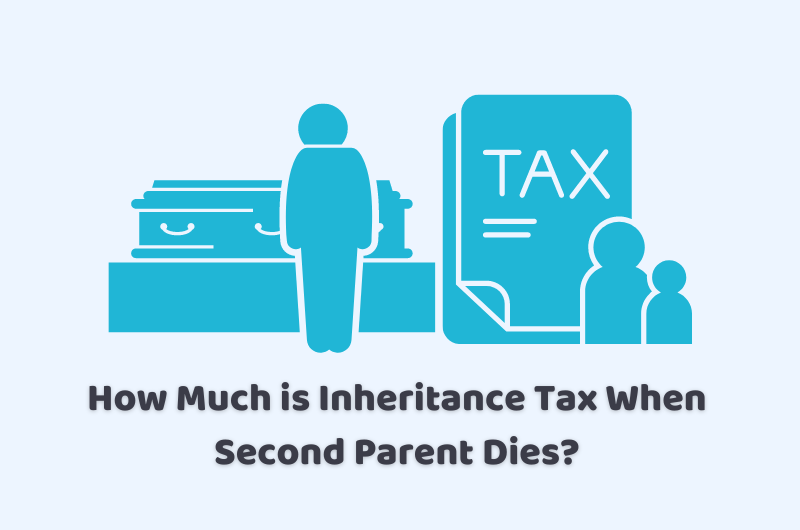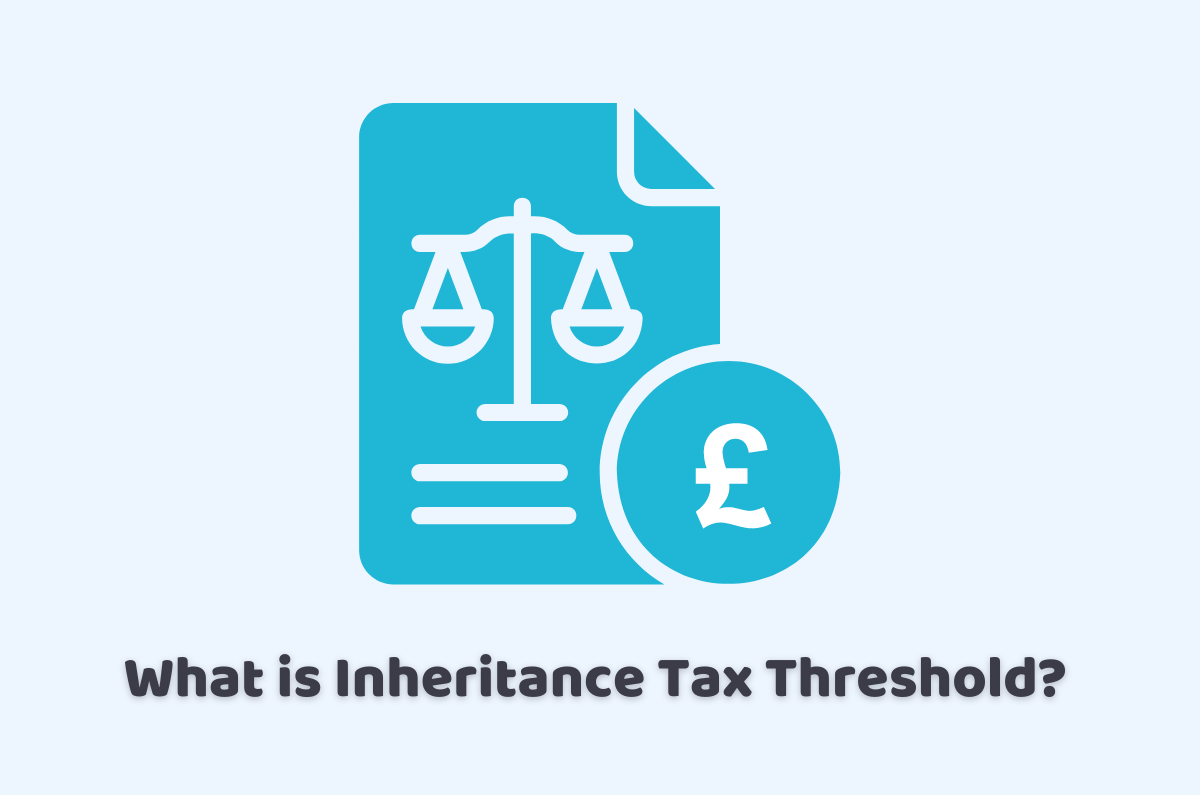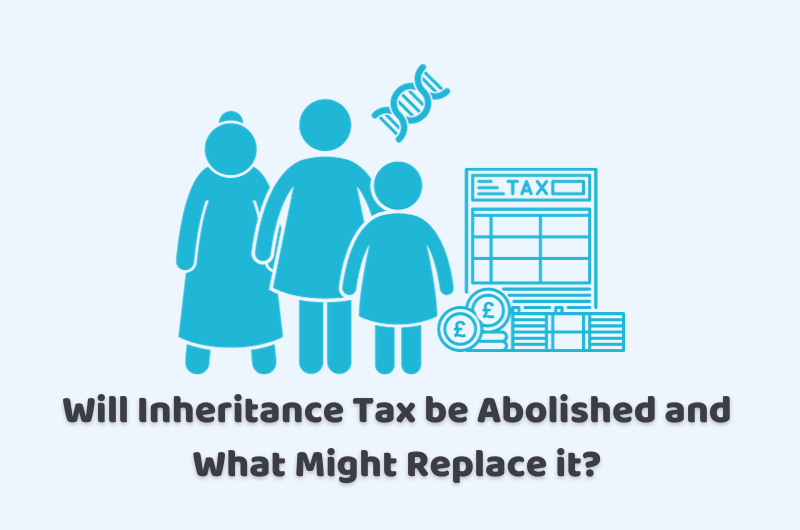
20/06/2024Accounting , tax , Tax Issues , Taxation
Are you looking for an inheritance tax when a second parent dies? The rules and regulations surrounding inheritance tax can be complex and confusing. Especially when it comes to the “second death tax charge” that applies when the second parent passes away.
Inheritance tax in the UK can be a complex and emotional matter. Especially when dealing with the loss of a loved one. When the second parent passes away, the inheritance tax implications can be significant. The UK government grants an inheritance tax exemption, known as the “nil rate band”. However, this exemption is not automatically doubled for married couples or civil partners. Instead, the surviving spouse or civil partner can inherit the unused portion of the nil rate band from the deceased partner.
Our team of professional members loves to hear out your business problems and find out the possible and suitable solutions quickly to the reporting in the UK. Contact us now.
How Does the Inheritance Tax Change When the Second Parent Dies?
The tax is usually paid in instalments over several months. Each person has a tax-free allowance, known as the nil-rate band, which is currently set at £325,000. This means that if the estate is worth less than £325,000, there is no inheritance tax to pay. If the estate is worth more than £325,000, the standard rate of inheritance tax applies. This is currently set at 40% of the value of the estate above the nil-rate band. If the surviving spouse then dies, the nil-rate band may be reduced, depending on the value of the estate.
What is The Impact of the Second Parent’s Death?
When the second parent passes away, their estate is subject to inheritance tax. This can significantly reduce the amount inherited by their beneficiaries.
Increased Tax Liability
The death of the second parent can trigger a higher tax liability due to the transfer of assets to the next generation. This is because the nil-rate band, which is the tax-free allowance, is not transferable between generations.
Loss of Spouse Exemption
When the first parent dies, their estate can pass to their spouse tax-free. However, when the second parent dies, this exemption no longer applies, and the estate is subject to inheritance tax.
Reduced Nil-Rate Band
This can result in a significantly reduced inheritance for beneficiaries.
Impact on Beneficiaries
The second death tax charge can have a significant impact on beneficiaries, including children and grandchildren, who may receive a reduced inheritance or even be pushed into inheritance tax liability themselves. Families need to plan and mitigate the impact of the second death tax charge through strategies such as gifting, trusts, and estate planning to minimise the tax liability and ensure that their loved ones receive the maximum inheritance possible.
How Much is Inheritance Tax When Second Parent Dies?
The UK has an inheritance tax threshold of £325,000 for individuals. This means that if the estate is worth less than £325,000, there is no inheritance tax to pay. For married couples and civil partners, the threshold is £650,000, as any unused allowance from the first deceased partner can be transferred to the surviving partner.
Example
The inheritance tax threshold for the couple was £650,000, and the estate is worth £750,000, so the excess is £100,000. The inheritance tax to pay would be 40% of £100,000, which is £40,000. Knowing the threshold, tax rate, and available allowances and reliefs can help you minimise the tax liability.
What are Planning and Mitigation Strategies in this regard?
Planning is crucial to minimise inheritance tax liability. Start by estimating the value of your estate and considering how you want to distribute your assets.
Make a Will
Having a valid Will is essential to ensure your wishes are carried out. A Will can also help reduce inheritance tax by specifying gifts to charity or setting up trusts.
Use the Nil-Rate Band
Make the most of the tax-free allowance (nil-rate band) by using it wisely. Consider gifting assets or setting up trusts to use up the allowance.
Life Insurance
Consider taking out life insurance to provide a tax-free payout for your beneficiaries. This can help cover inheritance tax liabilities.
Charitable Donations
Leaving a legacy to charity can reduce inheritance tax liability, as charitable donations are exempt from tax.
The Bottom Line
In conclusion, inheritance tax when a second parent dies in the UK can have a significant impact on the estate of the second parent to pass away. The “second death tax charge” can result in a higher tax liability, reducing the amount inherited by beneficiaries.
If you get to know the rules and regulations surrounding inheritance tax, including the nil-rate band, spouse exemption, and gifting rules, individuals can make informed decisions. Be aware of the potential impact of inheritance tax and by taking proactive steps, you can ensure that your legacy is passed on to future generations with minimal tax liability.
Reach out to one of our professionals to get to know about inheritance tax when a second parent dies. Get in touch and you will be provided instant professional help!
Disclaimer: The general information provided in this blog about inheritance tax when a second parent dies includes text and graphics. It does not intend to disregard any of the professional advice in the future as well.


